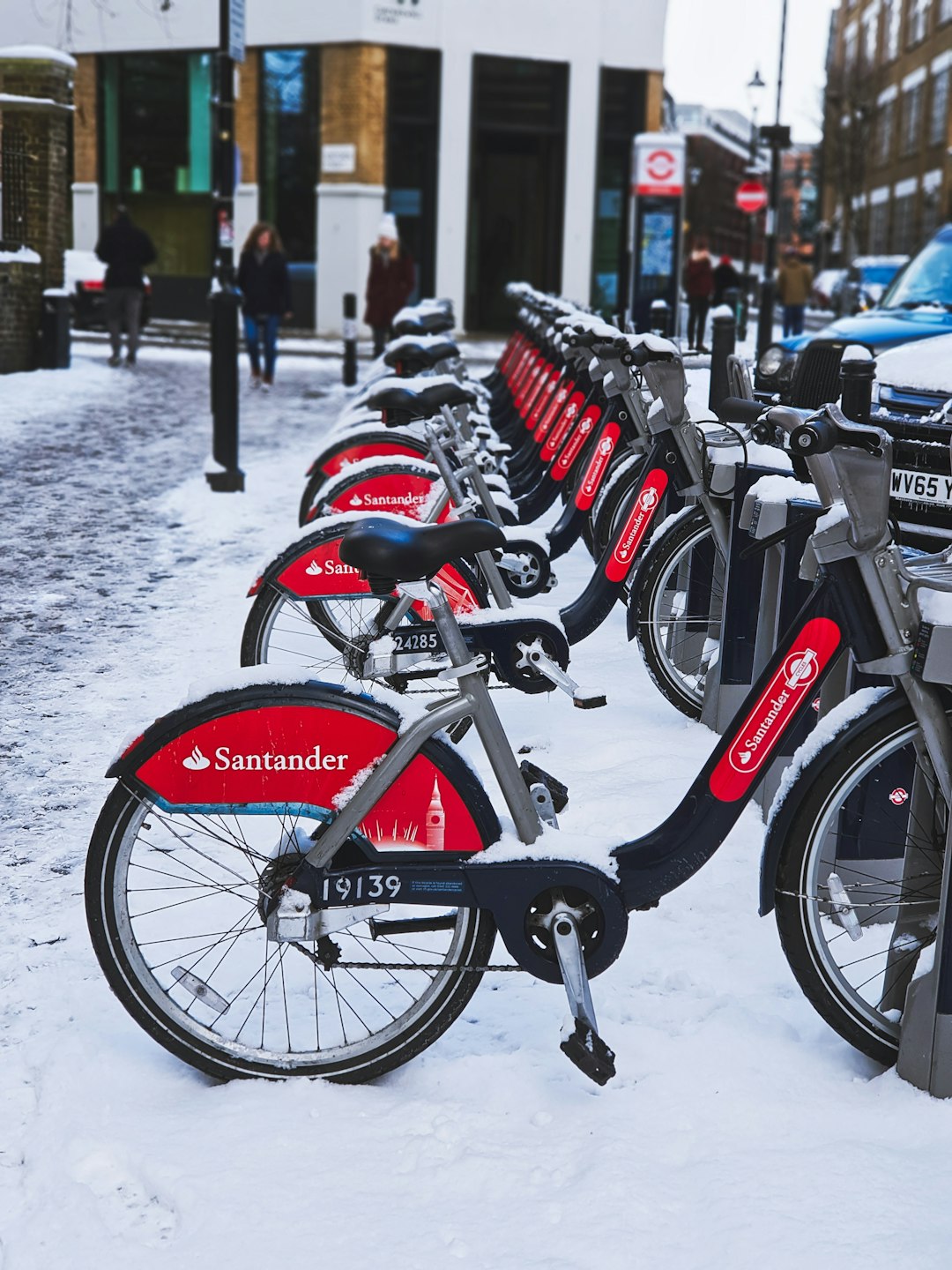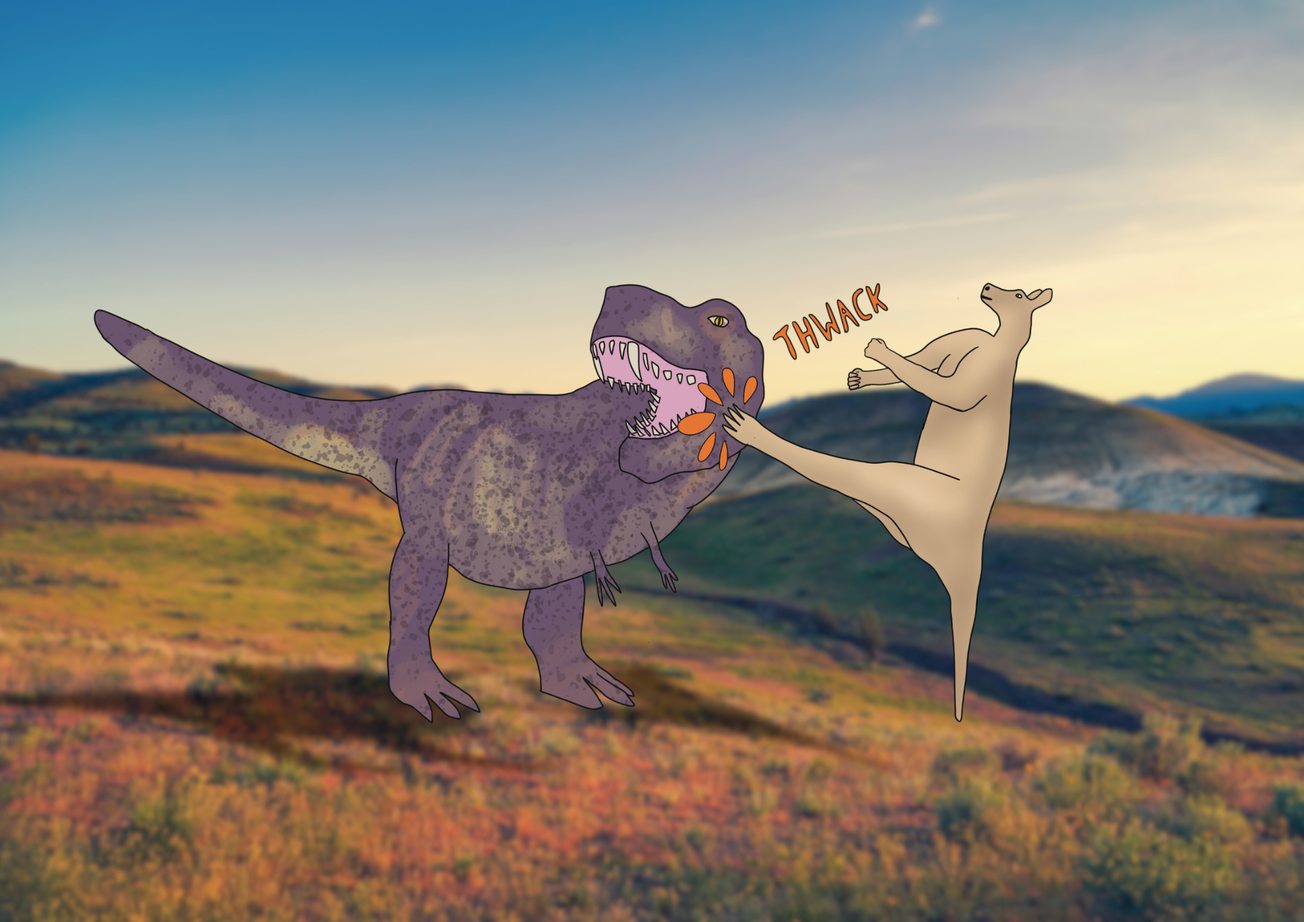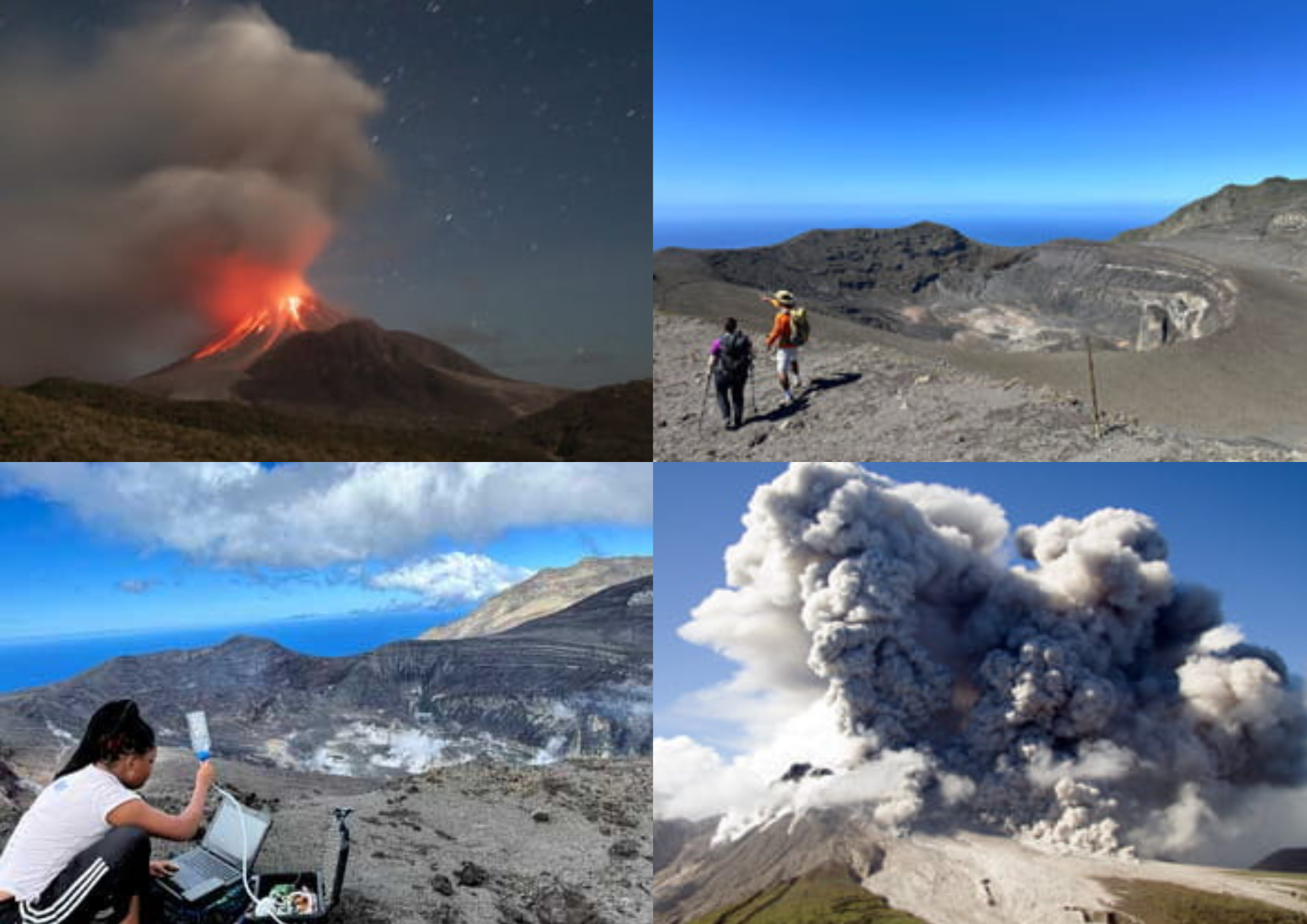February brought unusually high temperatures, with records broken across the country for this time of year, Rosie Armond looks at the causes in this recent weather.
By Rosie Armond, Fourth Year Biochemistry
In the last weekend of February, the UK basked in a winter heatwave, with highs of 21.2°C in Kew Gardens, London. The sunny-spell not only broke the record for being the hottest-ever February day, but was also the first-time temperatures had exceeded 20°C in winter (December-February). As the UK lapped up the sunshine and blue skies, it resembled a scene from Summer. Sunseekers swarmed to parks and beer gardens, BBQs lit, and ice cream sales boomed. But for many Brits, the winter warmth was accompanied with some unsettling questions: Was this ‘just’ freak weather or a consequence of climate change? And can we enjoy the sun guilt-free?
The Met Office explained that the unseasonable heat was caused by several factors. Firstly, a dome of high pressure over Europe gave settled conditions permitting more sunshine to reach the ground. This high-pressure system also lured winds from the south and south east of the country, bringing warm air from North Africa over parts of Wales with a greater “land track”. The further air travels over land the more moisture it loses and the faster it heats up. This in combination with low rainfall, permitted temperatures to climb, as dry soil absorbs and retains less heat than wet soil. Additionally, some areas experienced boosted temperatures due to the “Foehn effect”, a local phenomenon whereby air warms as it flows down the lee-side of a mountain. However, Green Party MP Caroline Lucas aired her concerns over the high temperatures, “I like spending an afternoon in the sunshine as much as anyone, but it’s impossible to shake the feeling that this isn’t right” and made connections with “climate breakdown”.
One-off weather events cannot be definitively linked to climate change, as weather only describes short-term variations in atmospheric conditions. Nevertheless, climate models used in the government funded report “UK Climate Projections 2009”, did predict that global warming would bring “changes in weather patterns and increased frequency and intensity of extreme weather”. Talking of extremes, last year’s UK Summer heatwave was made 30 times more likely by rising levels of greenhouse gases heating our atmosphere, according to a Met Office analysis. The beginning of 2019 has already seen some weird weather that seems to fit this prognosis. February’s balmy temperatures were a stark contrast to last year’s “Beast from the East” that brought heavy snow and sub-zero temperatures, not to mention other freak weather stories from around the globe from polar vortexes in the US to record-breaking heat in Australia.
Photo by Sid Balachandran / Unsplash
Average global temperatures are now 1°C warmer than pre-industrial levels with considerably greater warming in the Arctic due to polar amplification. There is growing evidence linking Arctic sea ice retreat to increasingly erratic weather systems in the northern hemisphere. In October 2018, a report by the UN Intergovernmental Panel on Climate Change (IPCC) advised that “unprecedented” changes are needed in the next 12 years in order to limit global warming to 1.5C. The world’s leading climate scientists have warned that breaching this boundary would be detrimental for many ecosystems with dieback of coral reefs, sea-level rises and extreme weather in many regions.
While picnic-weather in February might sound quite appealing, the unseasonably warm temperatures may have had a detrimental impact on British wildlife fooled into thinking spring had come and may now be left vulnerable to frosts if temperatures dramatically drop. Moreover, the February heatwaves’ relation to global weather patterns is a greater cause for alarm. Climate change won’t affect the UK as severely as other countries, where more vulnerable people will be hit hardest by the impact of extreme weather such as droughts, fires, floods and crop failures, not to forget the threat to an innumerable amount of other species and habitats.
It’s obvious that international cooperation on global warming is vital, but that does not mean that action cannot be taken on an individual level. The WWF suggests changes such as consuming less meat, using renewable energy and public transport as well as voting for candidates with more environmentally friendly policies, can make big difference. The general public can also unite and put more pressure on politicians, as seen in the ‘Climate Strike’ on the 15th February when thousands of students took to the streets demanding environmental reform. Unfortunately, this fell on deaf ears in the House of Commons, as during the week of the February heatwave, the first climate change debate in two years was attended by only a small handful of Conservative MPs.
Clearly a stronger message needs to be sent. Enjoy the Sunshine.
Featured Image: Robert Bye/ Unsplash
Climate change or a change in the weather? Have your say!










